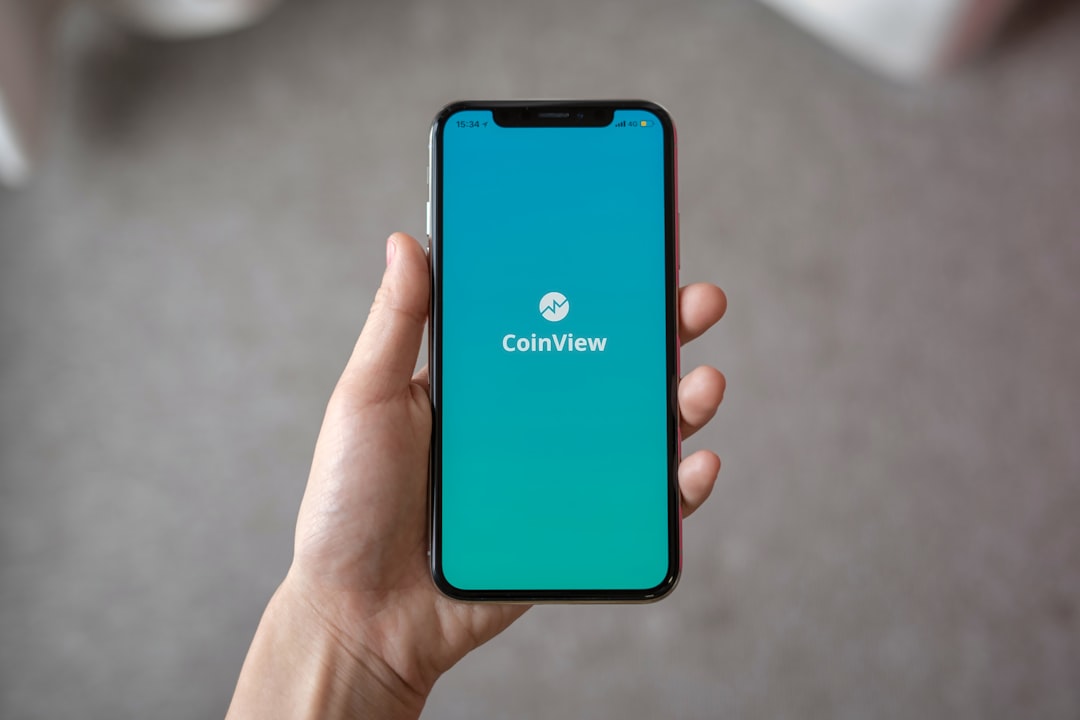Consumers in Alabama facing debt collection issues must be aware of both federal (FDCPA) and state (ADCA) regulations. Unethical practices like harassment or false legal claims are protected against by these laws, but aggressive tactics may still occur. Debtors should gather evidence, consult a specialized debt collector lawyer Alabama to understand their rights, file complaints, and take legal action if necessary, ensuring fair treatment and justice.
In Alabama, understanding and protecting against unethical debt collection practices is crucial for maintaining financial peace. This guide delves into the legal protections available to Alabama debtors, offering insights into identifying and combating unfair or harassing debt collection tactics. If you’ve been a victim of unethical debt collection, this article provides steps to take, empowering you with knowledge and guidance from a debt collector lawyer in Alabama. Navigate the system wisely and reclaim control over your financial well-being.
Understanding Unethical Debt Collection Practices in Alabama

In Alabama, understanding unethical debt collection practices is crucial for consumers looking to protect their rights. Debt collectors in the state are governed by both federal and state laws, such as the Fair Debt Collection Practices Act (FDCPA) and the Alabama Debt Collection Act (ADCA). These laws outline permissible collection methods, require validation of debts, and mandate fair treatment towards debtors. However, despite these regulations, some debt collector lawyers in Alabama have been known to employ aggressive or misleading tactics.
Unethical practices may include threatening language, false representations about the law, or attempting to collect debts that are beyond the statute of limitations. Consumers facing such behavior should be aware of their rights and consider consulting a debt collector lawyer in Alabama for guidance. Legal assistance can help navigate complex regulations, ensure compliance with fair collection practices, and protect individuals from further harassment or illegal collection actions.
Legal Protections Available to Alabama Debtors

In Alabama, debtors enjoy several legal protections against unethical debt collection practices. According to the Fair Debt Collection Practices Act (FDCPA), a debt collector cannot harass, oppress, or abuse a debtor in their efforts to collect a debt. This includes using obscene language, making false representations about the amount owed, or threatening violence. Additionally, debt collectors must provide proper validation of the debt when requested by the debtor, ensuring transparency and accountability throughout the process.
Hiring a debt collector lawyer in Alabama is crucial if you believe your rights have been violated. These legal professionals can help navigate the complexities of the FDCPA, ensuring that debt collectors adhere to their obligations and protecting your interests as a debtor. They can also assist in resolving any disputes related to debts and provide guidance on how to proceed if a debt collector engages in unfair or illegal collection tactics.
Steps to Take If You're a Victim of Unethical Debt Collection

If you suspect you’re a victim of unethical debt collection practices, it’s crucial to take immediate action. The first step is to gather evidence – document all interactions with the debt collector, including dates, times, and a record of any communications. Keep copies of all correspondence, such as letters, emails, or text messages, and note down any threats or aggressive behavior.
Next, reach out to a debt collector lawyer in Alabama for guidance. A legal professional can help you understand your rights under Alabama law, which has specific protections against unfair debt collection tactics. They can assist you in filing a complaint with the appropriate regulatory bodies and, if necessary, take legal action against the unethical collector. Remember, knowing your rights is half the battle, so don’t hesitate to seek help to ensure justice and resolve the situation effectively.






